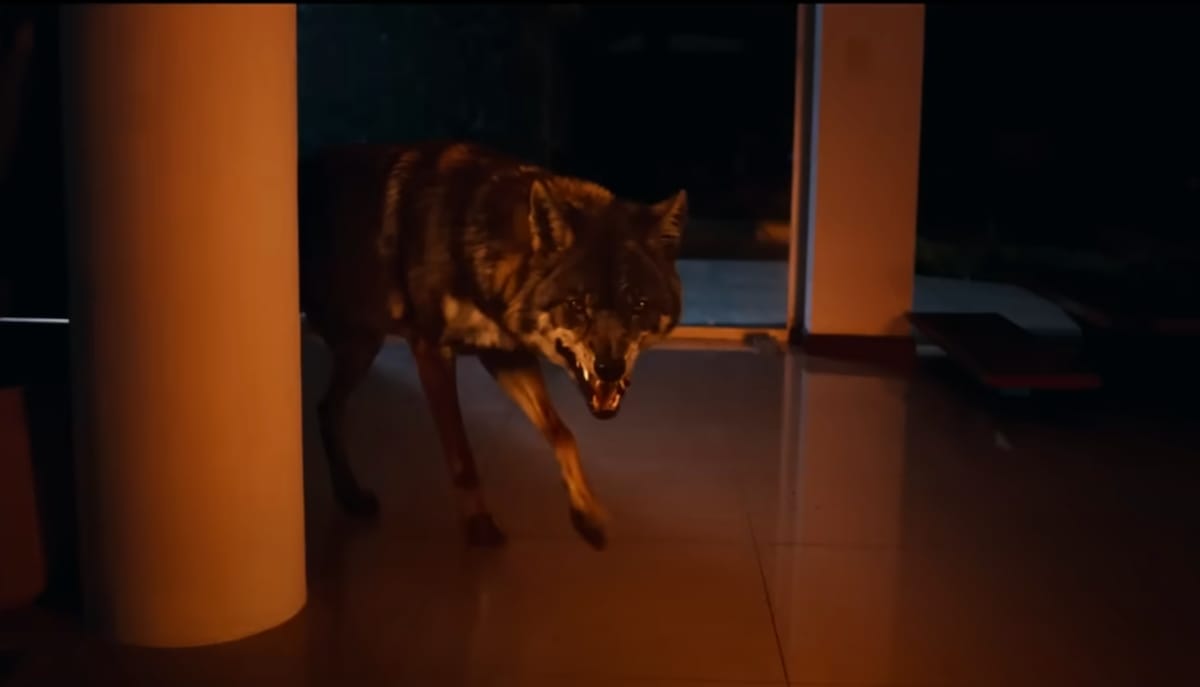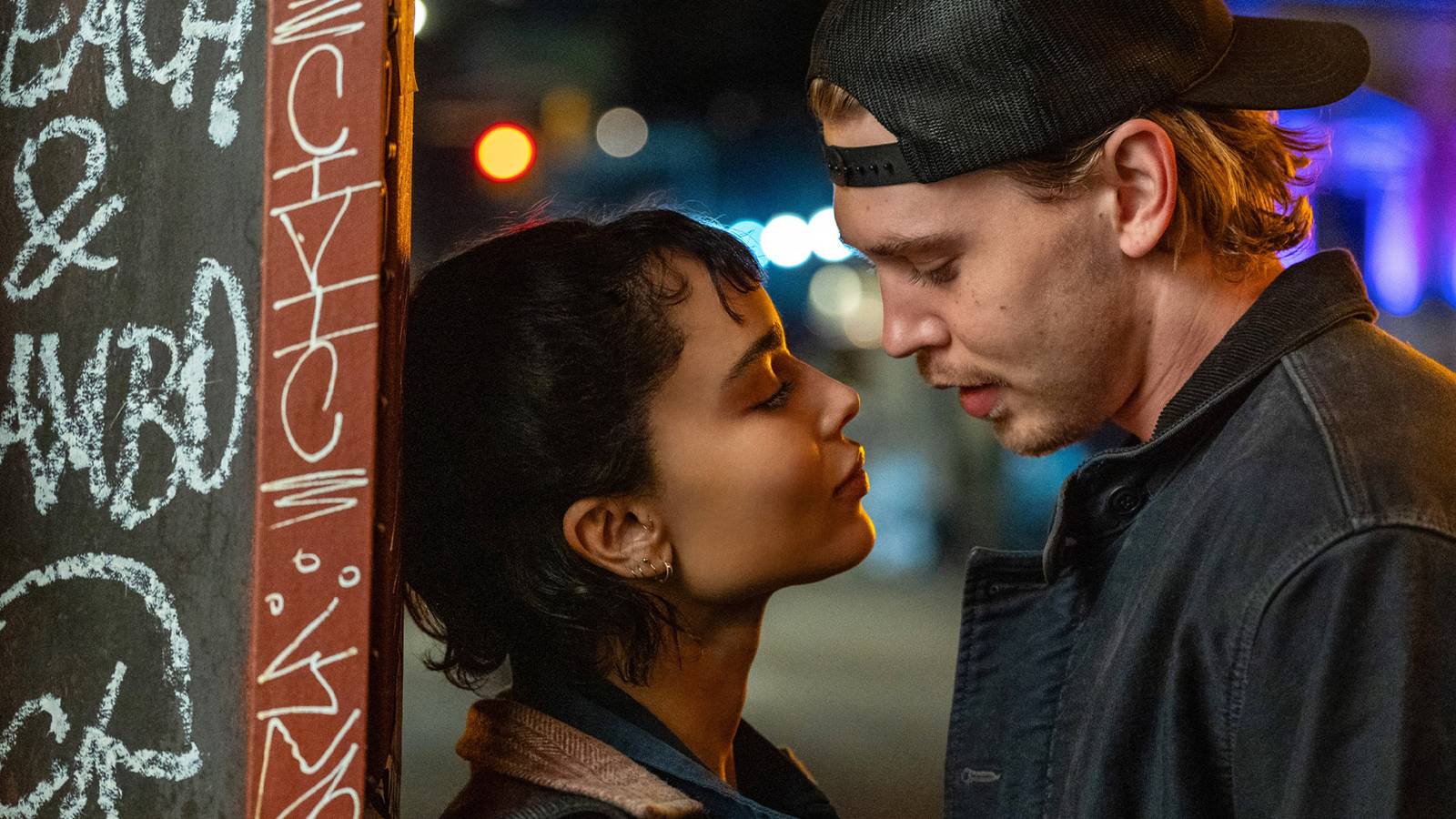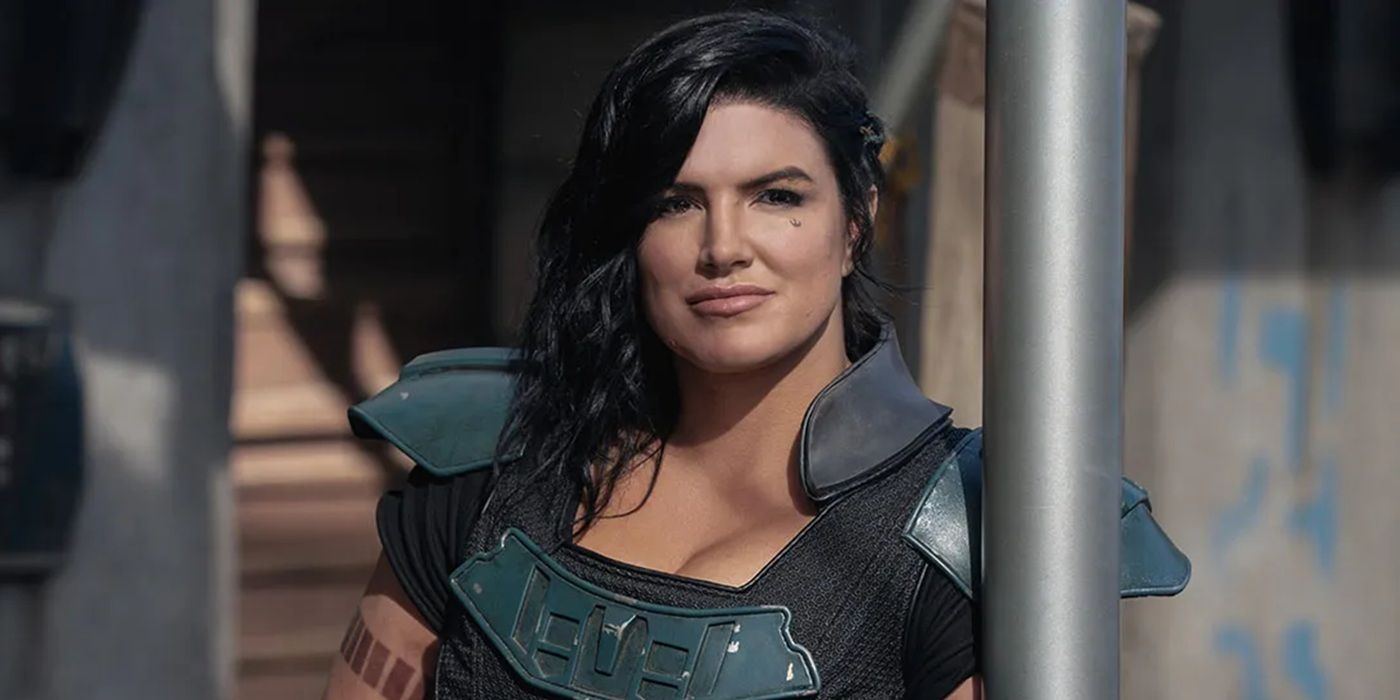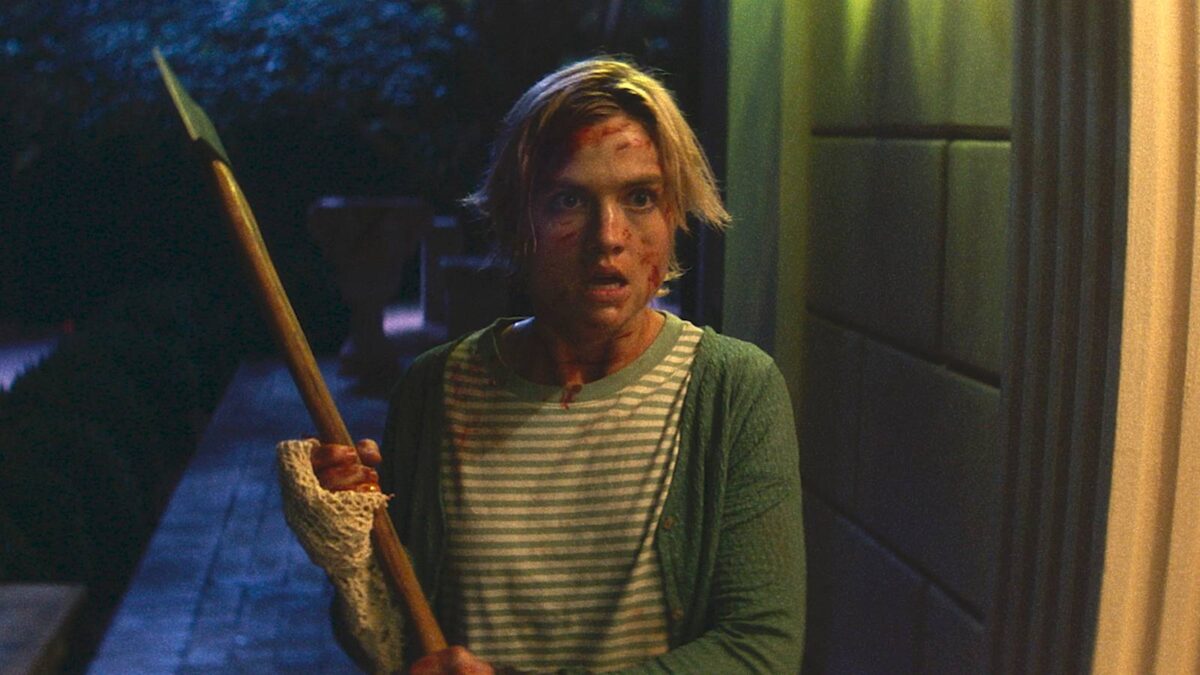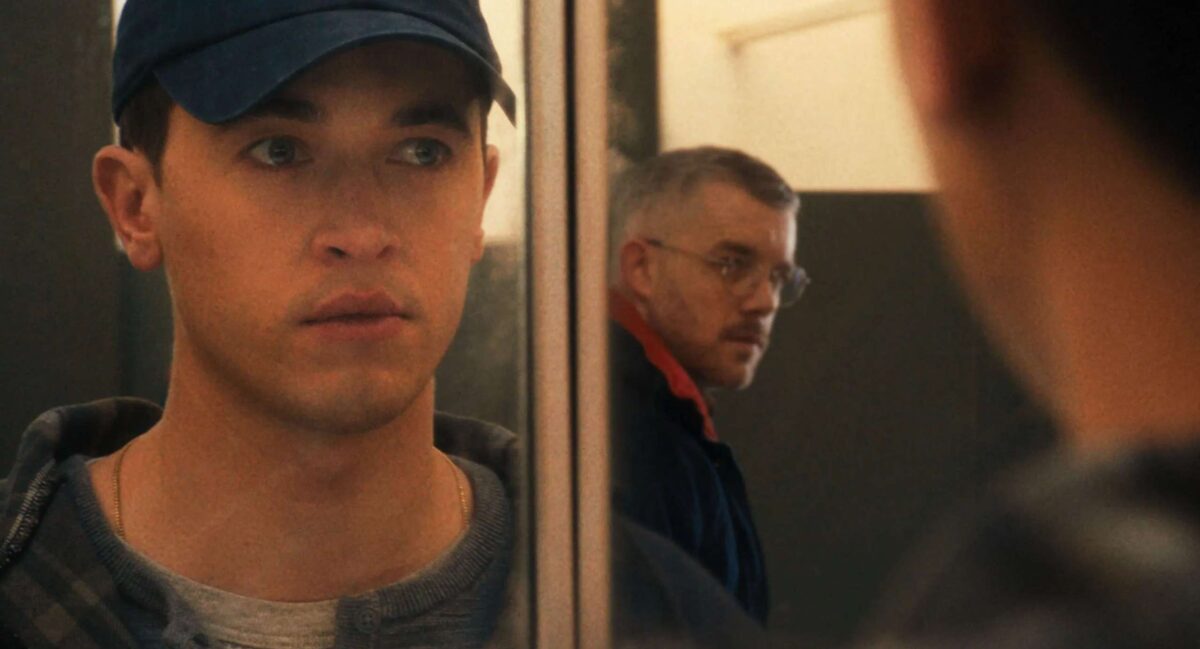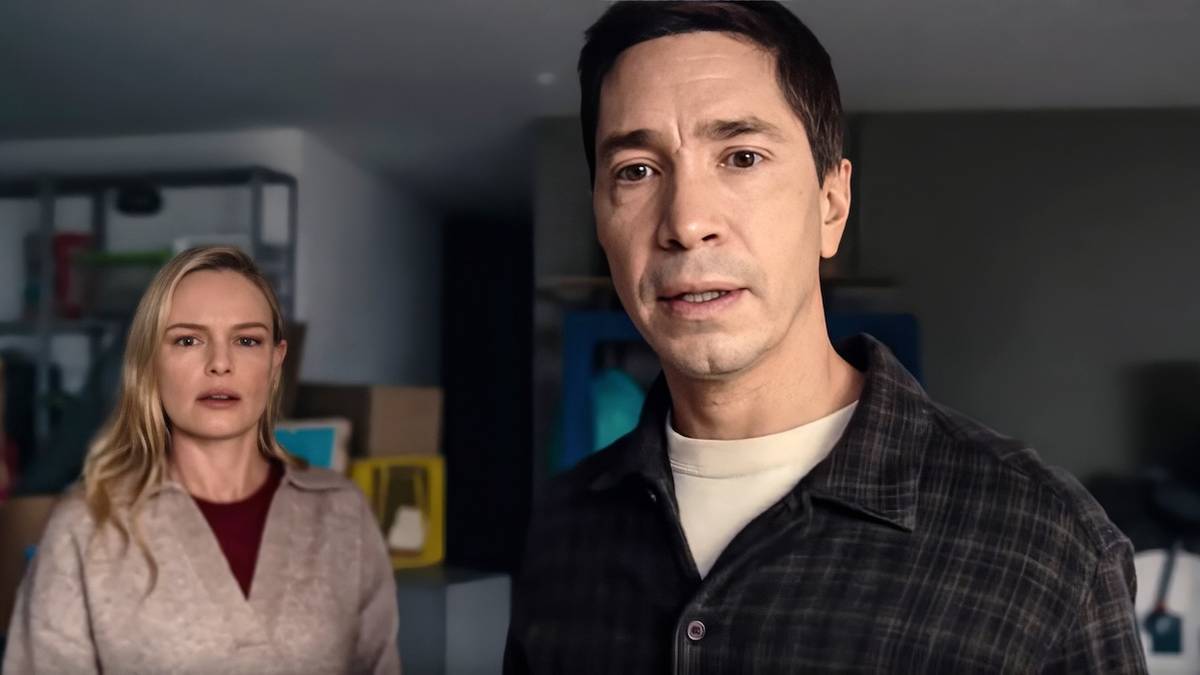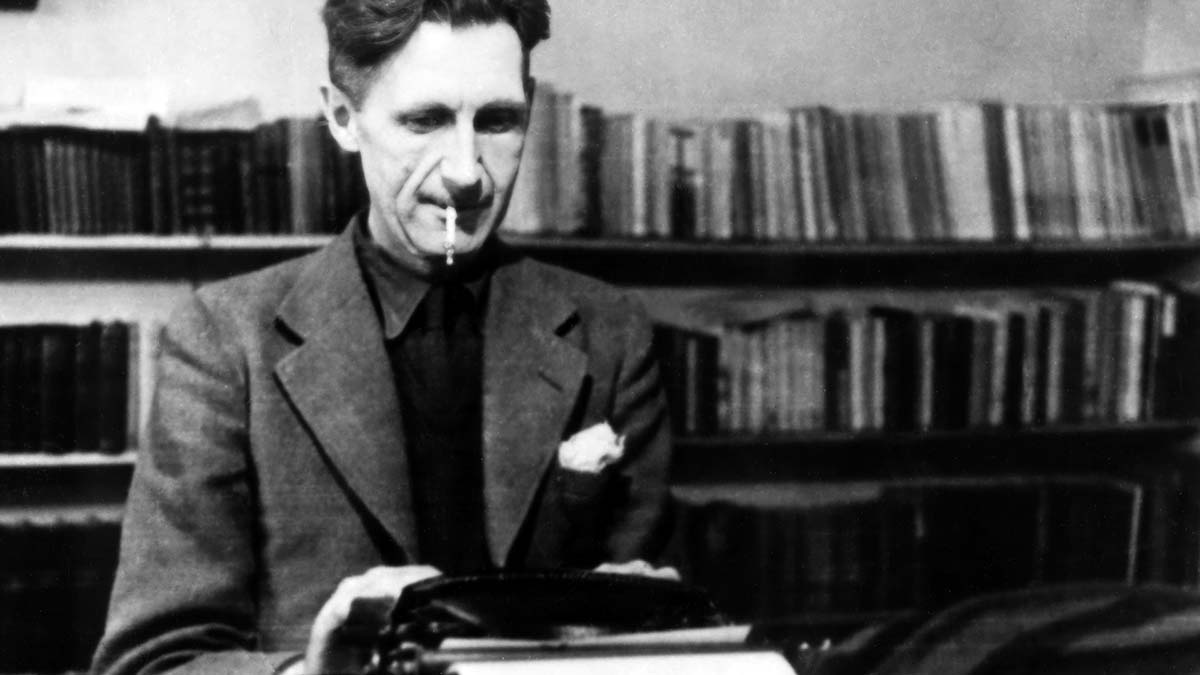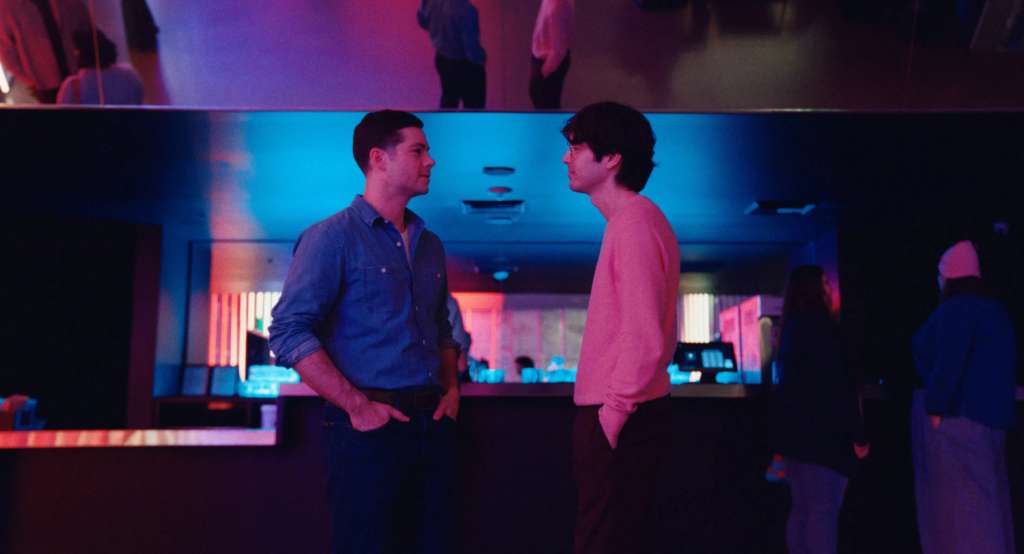
Darkly Funny and Uncomfortably Honest
Sep 17, 2025
James Sweeney’s Twinless is a black comedy psychological drama that plays like a tightrope walk between absurdity and sincerity. Starring Dylan O’Brien in a demanding dual role as Roman and his deceased twin Rocky, and Sweeney himself as Dennis, the film is an unconventional meditation on grief, identity, and the strange, often irrational ways people cope with loss. With its tonal mix of biting humor, emotional rawness, and psychological tension, Twinless doesn’t always land gracefully, but when it does, it strikes with both poignancy and unsettling charm.
A Story About Loss Told Through Misdirection:
Grief and connection are right at this film’s center. Roman, struggling to process the death of his identical twin, finds himself at a support group for “twinless twins.” It’s a niche but fascinating premise, one that immediately signals Sweeney’s interest in probing the specificity of human experience while using comedy as a shield against its pain.
The group sessions—alternating between heartbreaking anecdotes and hilariously awkward overshares—set the stage for Roman’s friendship with Dennis. What begins as a fragile bond between two people supposedly bound by similar pain gradually reveals itself to be far stranger and darker than it first appears. Without spoiling plot specifics, Dennis’s motivations complicate the relationship, blurring the line between empathy and deception.
The narrative’s shifting perspectives keep the audience guessing. By leaning into a kind of Rashomon-lite structure, Sweeney reframes what the story is “about” midway through. It’s less a tale of Roman’s straightforward recovery than a web of secrets, guilt, and misplaced intimacy. This gamble could easily have derailed the film, but Sweeney balances it with just enough black humor to prevent it from collapsing under its own psychological weight.
Dylan O’Brien’s Dual Role Performance:
O’Brien, best known for genre fare and young adult projects, delivers arguably his most layered performance here. As Roman, he embodies the withdrawn, sarcastic self-protection of someone who has lost half of himself. His grief isn’t operatic—it’s quiet, brittle, and occasionally bursts through with caustic wit. O’Brien resists melodrama, instead choosing restraint, which makes Roman feel grounded even when the plot flirts with surrealism.
His portrayal of Rocky, glimpsed only in flashbacks, contrasts sharply: playful, reckless, and disarmingly magnetic. The twin dynamic feels real, even when O’Brien is effectively acting opposite himself. The subtleties—small physical differences, shifts in cadence, and posture—are impressive and prevent the dual role from feeling like a gimmick.
This performance anchors Twinless. Without O’Brien’s ability to make Roman’s pain believable, the darker comedic beats and Dennis’s more eccentric behavior would risk tipping the film into parody.
James Sweeney as Dennis – A Study in Discomfort:
Casting himself as Dennis, Sweeney leans into a character who is both sympathetic and deeply unsettling. Dennis is awkwardly funny, painfully insecure, and at times, borderline inappropriate. He is also the narrative’s wildcard—his choices shift the film’s tone from grief study to psychological drama to uncomfortable farce.
What makes Dennis compelling is the way Sweeney never lets him fall into a stock role. He is neither purely villainous nor entirely pitiable. The audience vacillates between empathizing with his loneliness and recoiling at his boundary-crossing behavior. This moral ambiguity is part of what makes Twinless so fascinating. We’re never sure if we should laugh, cringe, or feel compassion—and often, we feel all three at once.
Supporting Cast and the Importance of Outside Perspectives:
The supporting cast fleshes out the world and prevents it from feeling like a two-man show. Aisling Franciosi as Marcie is a standout. She brings sharp intelligence and no-nonsense energy, grounding the story whenever it veers too far into its darker comedic indulgences. Her interactions with both Roman and Dennis add a necessary layer of outside perspective, reminding viewers that grief and obsession ripple outward to affect more than just the grieving.
Lauren Graham, Tasha Smith, Chris Perfetti, François Arnaud, Susan Park, and Cree Cicchino all contribute with memorable smaller turns. Many shine in the support group scenes, which double as both comic relief and thematic echo chambers for Roman’s struggles. These characters, while not central, amplify the film’s themes of longing and distorted identity, each offering variations of coping strategies that range from absurd to sobering.
Balancing Comedy and Psychological Drama:
Perhaps the film’s greatest achievement is its tonal balancing act. Black comedy about grief is notoriously difficult to pull off without trivializing the subject, yet Twinless manages to find humor in the absurdity of mourning without losing sight of its emotional stakes.
The comedy often emerges from discomfort—characters say the wrong thing, overstep boundaries, or reveal too much in vulnerable moments. Sweeney directs these scenes with a dry, almost deadpan style, reminiscent of films like The Squid and the Whale or Eighth Grade, though with a darker psychological bent.
Yet beneath the laughs, the psychological tension simmers. There are stretches of the film that feel almost thriller-like, as secrets threaten to unravel relationships. This duality—laughing one moment, anxious the next—is what gives Twinless its unique texture.
Direction and Screenwriting:
Sweeney’s screenplay is sharp, filled with barbed one-liners and uncomfortable truths. His dialogue captures the way people weaponize humor to mask vulnerability. He also resists easy resolutions; the narrative is less about closure than about exploring the messy, contradictory ways people process trauma.
Sweeney opts for intimacy over spectacle here. The cinematography by Greg Cotten favors close-ups and tight framing, emphasizing the claustrophobic nature of grief and deception. The muted color palette mirrors Roman’s emotional state—gray, heavy, but punctuated by fleeting moments of brightness.
The pacing occasionally falters, particularly in the middle stretch where the film risks circling the same themes without moving forward. Still, Sweeney’s control over tone and character keeps the viewer invested even when momentum slows.
Themes of Identity and Intimacy:
Twinless is about what happens when identity fractures. Roman’s twin loss raises questions about who he is without Rocky, while Dennis’s deception stems from a desperate attempt to connect—even if through falsehood.
The film examines how grief can warp relationships, how intimacy can become entangled with guilt, and how the human desire for connection sometimes leads people down unsettling paths. By making the audience laugh in moments where they feel they shouldn’t, Twinless forces us to confront our own discomfort with grief and the bizarre coping mechanisms that accompany it.
Overall:
Twinless is not an easy film to categorize. It is part black comedy, part psychological drama, and part character study. At times, its tonal shifts can feel jarring, and not every narrative gamble pays off. Yet its ambition, originality, and performances—especially from Dylan O’Brien and James Sweeney—make it an engaging and memorable exploration of loss and identity.
For audiences willing to embrace discomfort and moral ambiguity, Twinless offers a unique, provocative experience. It makes you laugh when you least expect to, unsettles you just as quickly, and lingers long after the credits roll.
Acting
Cinematography/Visual Effects
Plot/Screenplay
Setting/Theme
Watchability
Rewatchability
Summary: Twinless is not an easy film to categorize. It is part black comedy, part psychological drama, and part character study. At times, its tonal shifts can feel jarring, and not every narrative gamble pays off. Yet its ambition, originality, and performances—especially from Dylan O’Brien and James Sweeney—make it an engaging and memorable exploration of loss and identity.
3.8
Darkly Funny
Publisher: Source link
Erotic Horror Is Long On Innuendo, Short On Climax As It Fails To Deliver On A Promising Premise
Picture this: you splurge on a stunning estate on AirBnB for a romantic weekend with your long-time partner, only for another couple to show up having done the same, on a different app. With the hosts not responding to messages…
Oct 8, 2025
Desire, Duty, and Deception Collide
Carmen Emmi’s Plainclothes is an evocative, bruising romantic thriller that takes place in the shadowy underbelly of 1990s New York, where personal identity collides with institutional control. More than just a story about police work, the film is a taut…
Oct 8, 2025
Real-Life Couple Justin Long and Kate Bosworth Have Tons of Fun in a Creature Feature That Plays It Too Safe
In 2022, Justin Long and Kate Bosworth teamed up for the horror comedy House of Darkness. A year later, the actors got married and are now parents, so it's fun to see them working together again for another outing in…
Oct 6, 2025
Raoul Peck’s Everything Bagel Documentary Puts Too Much In the Author’s Mouth [TIFF]
Everyone has their own George Orwell and tends to think everyone else gets him wrong. As such, making a sprawling quasi-biographical documentary like “Orwell: 2+2=5” is a brave effort bound to exasperate people across the political spectrum. Even so, Raoul…
Oct 6, 2025


